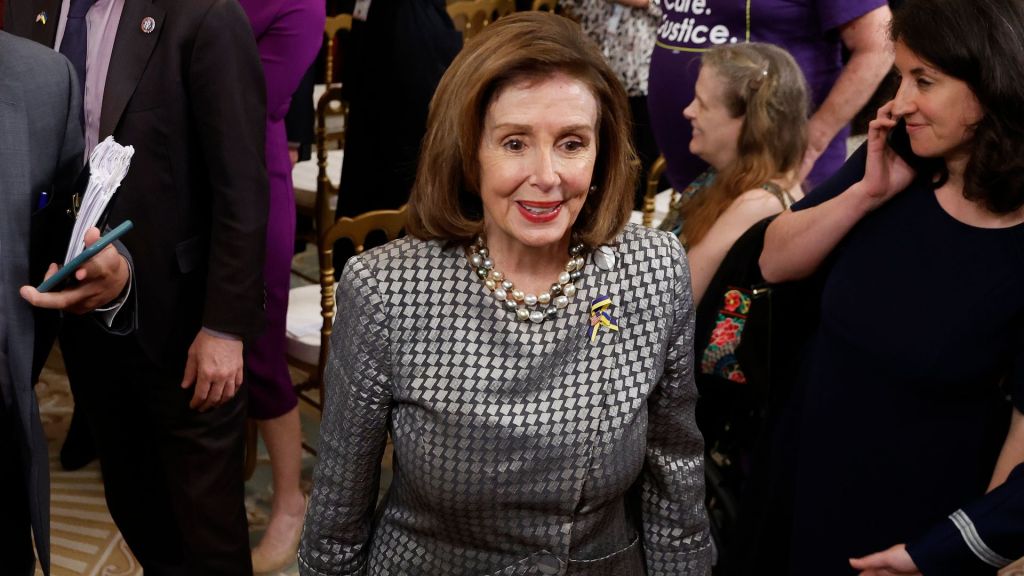
Bruno Le Maire, French Finance Minister: “After four years of negotiations, the political agreement that we found this summer at the level of the G7 and the G20, finally has transformed into an agreement on all the technical parameters of the new international taxation system of the 21st century. This agreement is absolutely key for our economic models.”
“It is absolutely key because it will allow us to fight with more efficiency against the rising inequalities in the world.”
“This agreement at the level of the OECD is clearly a tax revolution, a tax revolution which will lead to less unfairness, to more justice, to more efficiency in the way we will tax the digital giants and in the way we are going to put in place a minimum taxation.”










